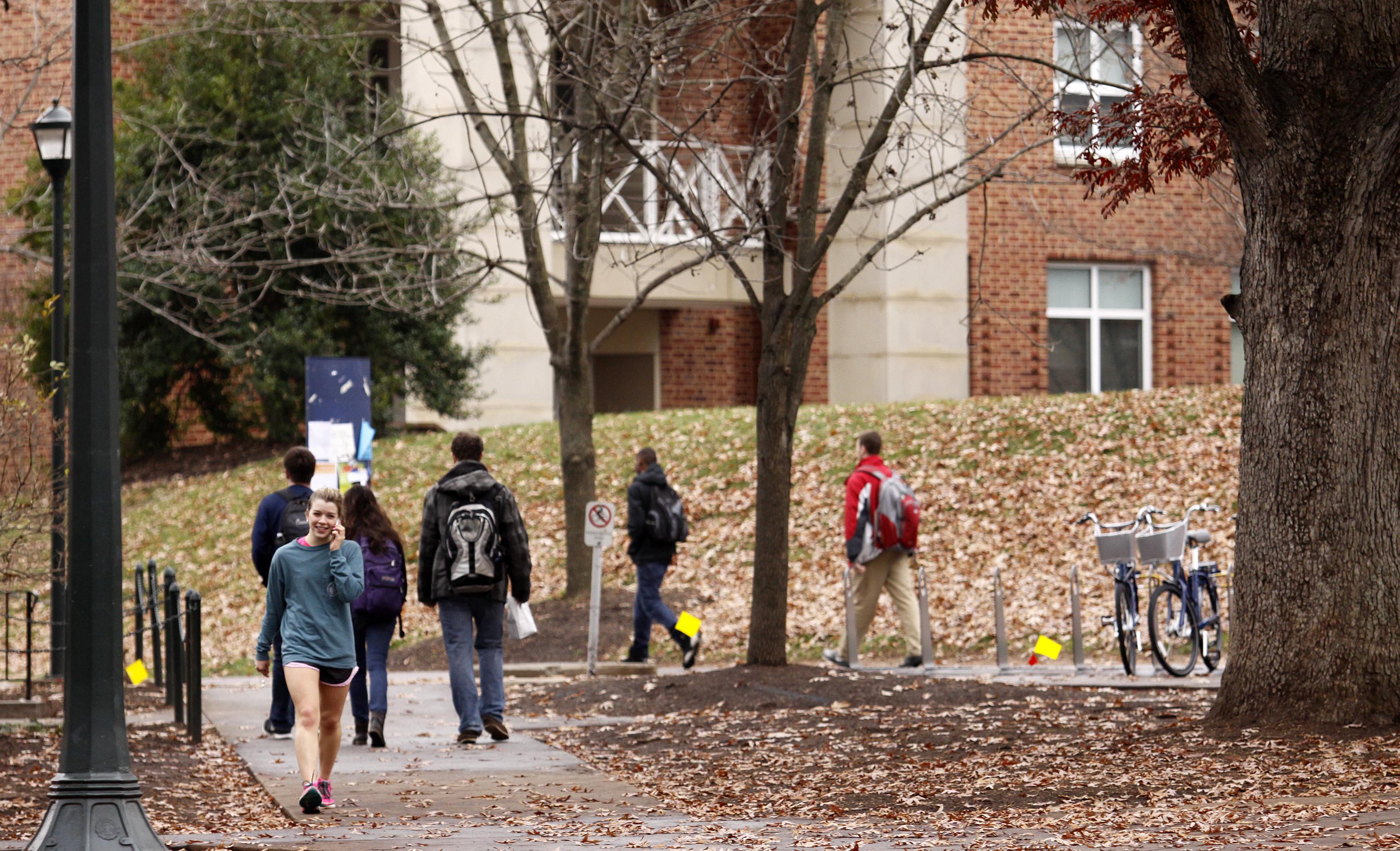The discovery of discrepancies in the Rolling Stone exposé of the sexual assault problem at the University of Virginia has prompted a wide range of responses, from the ugly to the thoughtful. Conservatives who are already hostile to the entire discussion about campus rape eagerly pounced, trying to use this controversy to discredit the larger argument about UVA’s response to rape claims and to squash discourse about campus rape. Feminists rushed to the defense of rape victims, castigating Rolling Stone for its initial attempt to blame the woman at the center of Sabrina Rubin Erdely’s story, Jackie, for the magazine’s reporting mistakes.* Social scientists and science journalists tried gallantly to explain the way that memory, particularly in trauma victims, works, and why missed details are not evidence of lying. But the real issue here in the wake of the story and its unraveling is what will happen outside of the media chatter: How are the people with power at UVA responding?
For once, there’s actually some good news to report. While it would have been plenty easy for leaders at UVA to use questions about Jackie’s story as an excuse to punt responsibility, the New York Times reports that instead they’re staying the course, saying they will not waver from grappling with how to deal with campus rape generally and sexual assault within the Greek system in particular. University President Teresa A. Sullivan is not backing down from the temporary suspension of fraternities on campus, despite some calls for her to do so. And the president of the university’s Inter-Fraternity Council, Tommy Reid, is supporting her in this decision.
Not everyone is on the same page. The Fraternity and Sorority Political Action Committee, the National Panhellenic Conference, and the North American Intrafraternity Conference released a statement demanding the reinstatement of fraternity activity on campus. “We are saddened at the lack of journalistic integrity Rolling Stone demonstrated in publishing its article on campus rape at the University of Virginia,” the letter reads. They also called on “the University of Virginia to immediately reinstate operations for all fraternity and sorority organizations on campus,” claiming that “fundamental rights to due process” were violated by this temporary suspension.
Opportunistic behavior like this from this coalition suggests that, despite the stated “intent to be leaders in solving the problem of sexual assault,” these groups are far more interested in sweeping the issue under the rug. After all, the article was not just about Jackie’s claims, but about calling for a better institutional response to campus rape overall—which is why there were many victims’ stories in it, not just Jackie’s.
These groups should take note of how on-campus fraternity leadership is responding. Instead of using the Rolling Stone fiasco as a chance to evade responsibility, Intra-Fraternity leader Tommy Reid is showing real spine. “The temporary suspension has provided the fraternity community with time to step back and think critically about its role in the elimination of rape at UVA, and allowed us to sort of review our priorities as students first and fraternity members second,” Reid told the New York Times. “It’s allowed us to take a breath.”
To the Washington Post, Reid said, “My biggest fear is that students and the rest of the community will struggle over the minutiae of the specific Rolling Stone article and discontinue the momentum toward addressing the issue of rape on college campuses.” That’s showing the kind of maturity and understanding of responsibility that many people who are much older than Reid could stand to learn a lot from.
Correction, Dec. 10, 2014: This post originally misspelled journalist Sabrina Rubin Erdely’s last name.
